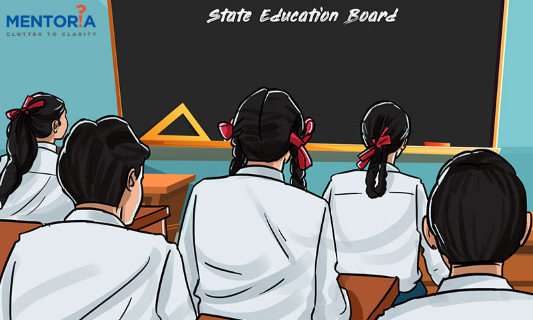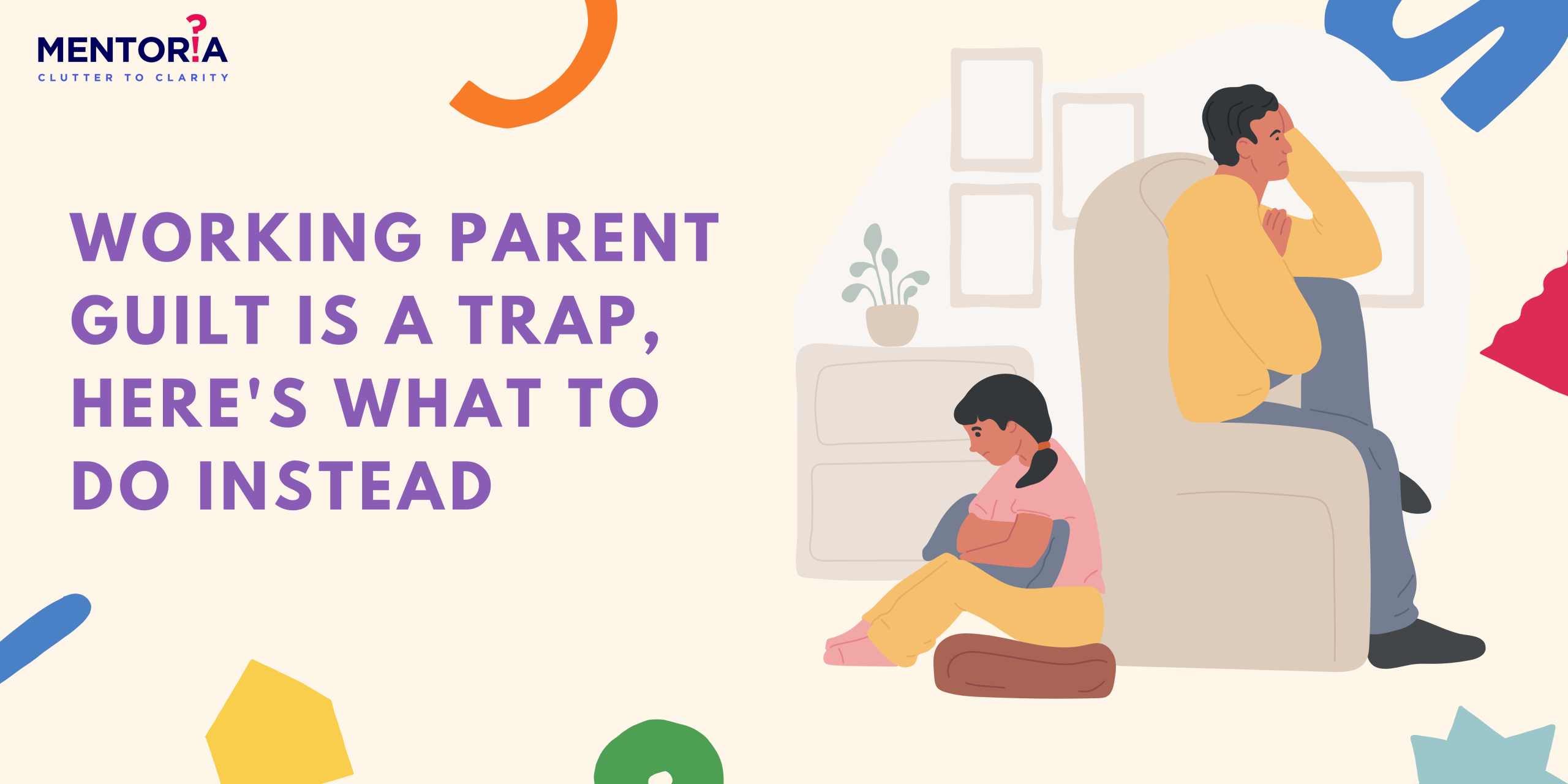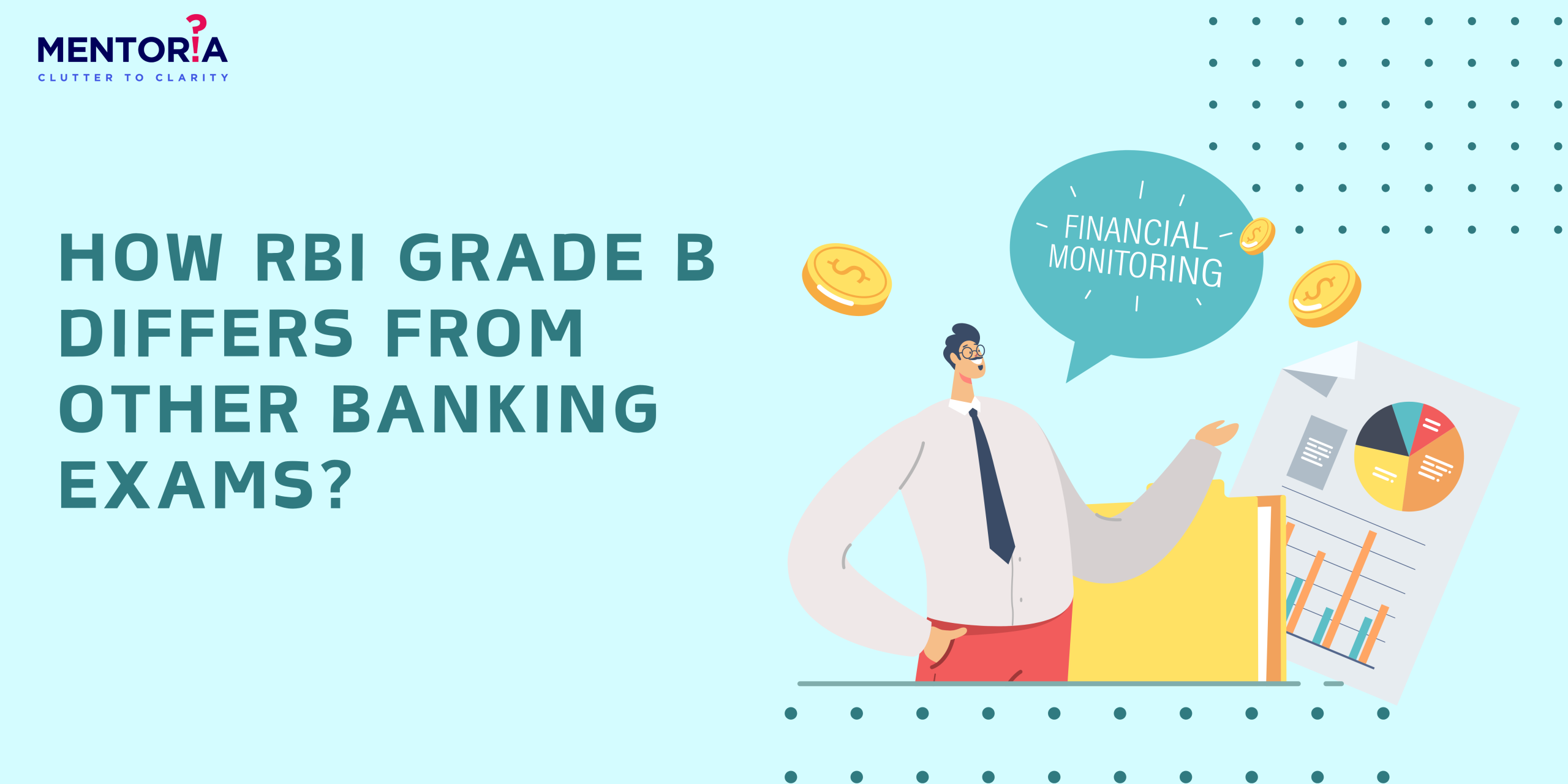Know The State Board of Education in India

Choosing a school, especially an education board for a child is considered to be one of the most vital decisions. However, you can’t pick the right one without knowing all that it has and doesn’t have to offer. While we turn to the internet with most of our questions, there is very little unbiased information available online regarding the various boards available in the country. This is why parents turn to you as a counsellor to guide them in finding the perfect fit for their child. We have already given you an overview of all the different boards available in the country. In this article, we are going to talk about the state education board in detail.
The state secondary education board functions in all the states and union territories. Under the ministry of education, each state and union territory is allowed to design the syllabus according to their liking, making the syllabus different across the country. For your reference, we have compiled a list of features that are unique to the state board of secondary education.
Make an informed decision about your key career milestones with Mentoria.
Sign up for Mentoria – We promise to handhold you throughout your career discovery journey – from the time you sign up until you get into a career you love.
Features

1. Personalised Syllabus
The syllabus is personalised to teach students about their region and state.
2. Priority to Regional Languages
There is a lot more focus given to regional languages as the students are required to learn their state’s language.
3. Flexible Choice of Medium
You can also use a local language as a medium to complete your studies. For e.g.: In Maharashtra, you can either study in an English-medium school or choose to study in Hindi or Marathi-medium schools. Apart from the local languages, students can also study in languages like Urdu.
4. Detailed Syllabus
The curriculum is detail-oriented with subjects like history that covers local history along with national and world history.
5. Localised Focus
State secondary education board also focuses on the local culture and have extra subjects specially designed to cater to that.
Advantages

As with every board of education, there are certain advantages and disadvantages of the state board as well. Let’s first discuss the advantages:
1. State-wise Personalised Syllabus
Each state and union territory is allowed to personalise their syllabus. As a result, each state has a different set of subjects. This makes it the ideal board for parents who don’t plan to move from their state.
2. History-oriented
There are some subjects that discuss the long lost culture of the state and India. This knowledge is not given by the other boards, making this an ideal choice for parents who want their children to learn these things.
3. Affordable Education
Education has become more expensive over the years, with a lot of people dropping out because they cannot afford it. State education is one of the most affordable ones out there with a lot of government-run schools also using this syllabus.
4. In-depth Syllabus
The syllabus is very detailed and covers a vast amount of subjects. It is designed to give students enough knowledge and understanding, and at the same time make them well-versed in two-three languages. With this vast knowledge, students can make an informed decision while choosing a stream for their further studies.
5. Importance to Non-academic Activities
Although in-depth, the syllabus is quite light compared to other boards allowing students ample time to indulge in extra-curricular activities and develop hobbies. In some states like Maharashtra, a student can even earn extra marks by excelling in a particular sport or ranking high in intermediate drawing exams.
6. Relevant Subjects
Students are taught subjects like English, economics, and civics which help them in their daily life as they reach adulthood.
7. Encouragement with Scholarships
Students in some states are also awarded scholarships when they achieve a certain percentage while appearing for the state board exam. This makes it easier for them to pursue higher studies without any financial worries.
8. Self-Paced Learning
The state board of education believes in accommodating students at different learning speeds and their syllabus is designed to give every student a chance to educate themselves.
9. Beyond State boards
After passing from the state board, students find it easy to score high in public exams like the civil services exam.
Sign up for Mentoria, to discover your ideal academic & career path with our 4-step career guidance solutions.
Disadvantages

While the advantages are many, there are some disadvantages to a state board education too:
1. State Governed Syllabus
The syllabus is non-centralised, which makes it difficult for parents who have to be constantly on the move due to their jobs.
2. Lagging Concept Understanding
“Rote learning” is something often associated with state boards. This enables students to know everything that is taught, but not completely understand the concepts. The board has not taken any steps to change that yet.
3. Difficulty coping with Nationwide entrance exams
Since the knowledge is state-based, the syllabus alone doesn’t prepare students to appear in nationwide entrance tests. Students generally have to supplement their education with some extra knowledge, which is not required with other boards.
4. Not designed for self-development
While the state board gives the students a lot of time for students to indulge in extra-curricular activities, the activities are decided by students and may not necessarily help a student with self-development. The other boards offer extra-curricular activities for self-development as part of the curriculum.
5. Difficult to align with other State boards
It becomes very difficult for students who have to transfer to a different board especially in the critical years between Class 8-10.
6. Compromised quality of education
The structure, the paper pattern, and the syllabus differ from state to state and are decided by the education ministry of each state. This makes it difficult for the central government to make sure the quality of education across all states is consistent.
7. Stringent evaluations
The exam evaluation for the state board is considered a little more stringent than the other boards, making it difficult for students who pass the Class 10 exams to apply for colleges of their choice even after doing well in their exams.
8. Outdated Syllabus at Times
The board is known to change their syllabus after a certain time going methodologically in order to make sure students can keep up. However, this sometimes makes the syllabus outdated.
9. Mandatory language course
It is mandatory to learn three languages which can be tedious for students who find learning languages difficult.
We hope this article has given you all the information you need about the state board of education to help parents make an informed decision for their children. Keep an eye out for more of our articles on the different boards of education available in India.
State Board vs CBSE
| State Board | CBSE |
| When opposed to other syllabuses, a state syllabus will be more generic in nature and will be very easy for a student to follow regardless of aptitude. However, in order to pass admission tests, these students will need to put in extra effort in key disciplines. | The difference between CBSE and state syllabus is that the CBSE syllabus places a high value on project work, coursework, and sports. They train students to be extremely effective in passing entrance examinations. |
| Scoring well in the state syllabus may be quite simple because the questions are created by just referring to what is in the syllabus. A student who has finished all of the sections on the curriculum is likely to do well. | In order to do well in examinations, CBSE students will need to consult several additional books in addition to their usual textbooks. This is due to the fact that the questions may not necessarily be from the textbook syllabus, but will be designed to analyse your application level and logical reasoning. |
| The main difference between CBSE and State Board is that, unlike CBSE students, the state board students may require additional tutoring when it comes to passing entrance and other competitive examinations. | Throughout their education, the CBSE students are taught how to be more socially conscious, and top entrance exams such as JEE and NEET prepare questions based on the CBSE syllabus. |
I hope you have a good understanding of what to expect if you decide to pick one of these education boards for your child’s study.
However, studying under a certain board isn’t sufficient for your children to flourish in their studies.
Education is more than just knowing what is on the syllabus; it is also about how a student sees it and how he may use it for the improvement of his family and society.
Sign up for Mentoria to discover 12,000+ career avenues-
India’s most reliable psychometric assessment
One-on-one session with career counsellors
Lifetime access to knowledge gateway & webinars






